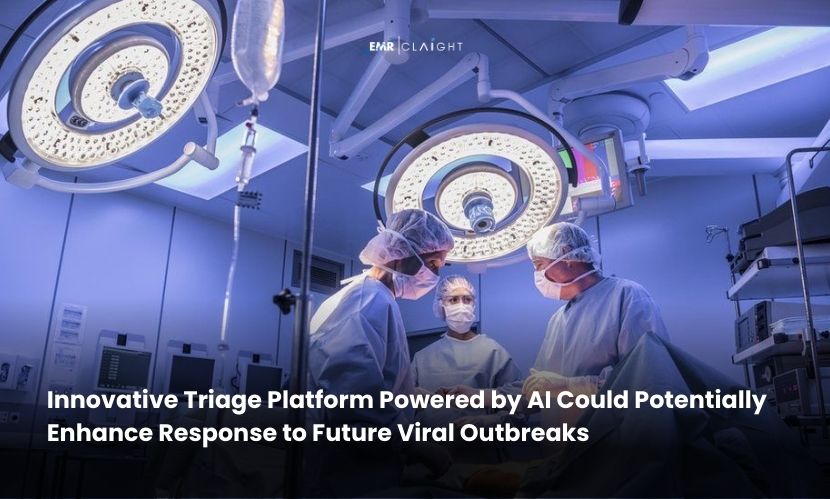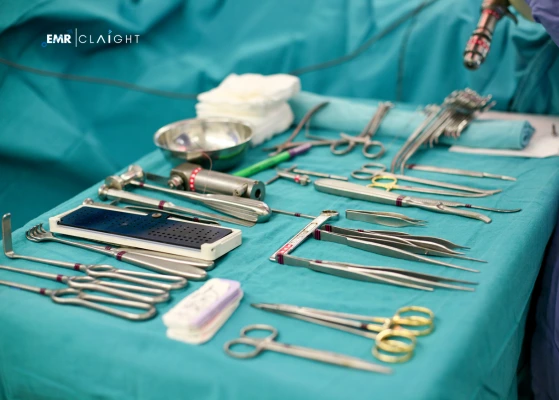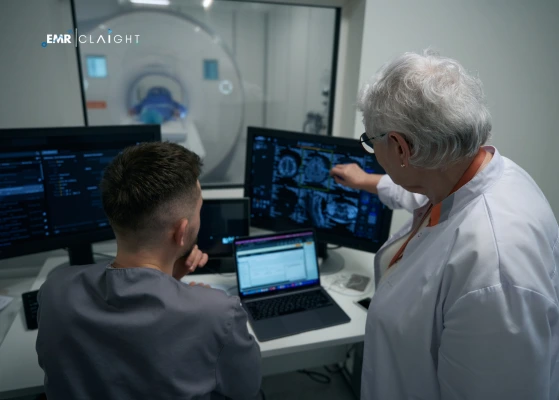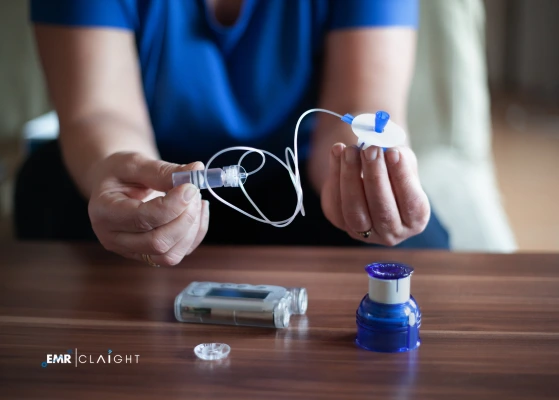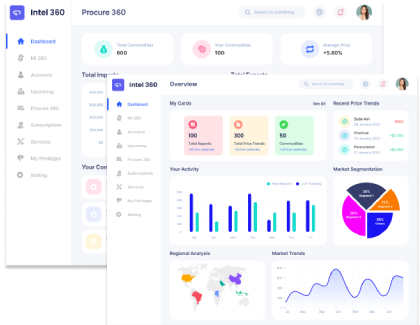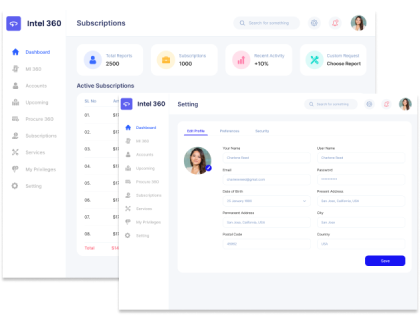A research group from Yale University, coupled with other global institutions, has alleged the development of a cutting-edge patient triage platform supported by artificial intelligence. This platform can reliably predict the approximate hospital stay duration along with the severity of the viral outbreak in the patient.
This platform makes use of routine clinical data, patient comorbidity information, and untargeted plasma metabolomics data to streamline accurate predictions. The platform targets enhancement in patient management and efficient resource allocation to healthcare providers to decrease the chances of the healthcare system getting exhausted during a viral outbreak.
"Being able to predict which patients can be sent home and those possibly needing intensive care unit admission is critical for health officials seeking to optimize patient health outcomes and use hospital resources most efficiently during an outbreak," said senior author Vasilis Vasiliou, a professor of epidemiology at Yale School of Public Health (YSPH).
The platform was developed by using the COVID-19 as a disease model. Researchers used the clinical data and metabolic profiles of 111 patients, hospitalized at Yale New Haven Hospital during a two-month period in 2020, and 342 healthcare workers who served as controls during COVID-19, with the help of machine learning to predict the hospitalization duration and severity of the disease. The patients were categorized based on their treatment needs, not requiring external oxygen to requiring positive airway pressure. Discoveries of the study were published online in the journal Human Genomics.
"Our AI-powered patient triage platform is distinct from typical COVID-19 AI prediction models," said Georgia Charkoftaki, a lead author of the study and an associate research scientist in the Department of Environmental Health Sciences at YSPH. "It serves as the cornerstone for a proactive and methodical approach to addressing upcoming viral outbreaks."
The study recognized numerous metabolites, such as allantoin, 5-hydroxy tryptophan, and glucuronic acid, in plasma correlating with COVID-19 severity. It was observed by the researchers that patients with high blood eosinophil levels had unpleasant disease prognosis, exhibiting a new potential biomarker for COVID-19 severity. Additionally, some unexpected discoveries were also made, such as decreased serotonin levels in patients requiring positive airway pressure or intubation. Such discoveries are said to require further research.
"Our model platform provides a personalized approach for managing COVID-19 patients, but it also lays the groundwork for future viral outbreaks," said Vasiliou, chair of the YSPH Department of Environmental Health Sciences and the Susan Dwight Bliss Professor of Epidemiology (Environmental Health Sciences). "As the world continues to grapple with COVID-19 and we remain vigilant against potential future outbreaks, our AI-powered platform represents a promising step towards a more effective and data-driven public health response."
The AI-supported innovative patient triage platform has three prominent components:
- Clinical Decision Tree-The first element exhibited high accuracy levels in the study. It uses major biomarkers to predict disease progression and approximate hospital stay.
- Hospitalization Estimation- The platform can successfully estimate potential hospitalization within a 5-day margin of error. Respiratory rate (>18 breaths/minute) and minimum blood urea nitrogen (BUN), a byproduct of protein metabolism, were both recognized as important factors in extending patient hospitalization.
- Disease Severity Prediction: The platform can successfully predict disease severity with accuracy and the potential of patient admission into an intensive care unit. This element helps healthcare providers to identify patients at the highest risk of developing life-threatening illnesses allowing them to access timely treatment, said the study.
With all the positive sides of this platform, there are some existing limitations as well, including the fact that all samples were collected between March and May 2020, a period before the emergence of COVID-19 vaccines and before many treatments for the SARS-CoV-2 virus, such as remdesivir, were available. These treatments have the potential to decrease the variations seen in metabolite biomarkers. Secondly, the population observed for healthy controls was mainly white, while the COVID-19 patients included a higher number of Black individuals. Due to this factor, the possibility of race /ethnicity being an aspect contributing to differences in subjects cannot be ignored.
Researchers with the Laboratory of Analytical Chemistry at the National and Kapodistrian University of Athens, Greece; Imperial College of London; and the São Carlos Institute of Chemistry at the University of São Palo, Brazil contributed to the study.


